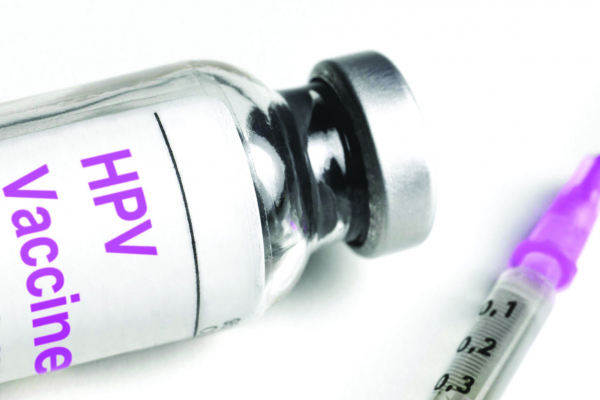
THE government’s recent move to roll out a nationwide Human Papilloma Virus (HPV) vaccination programme targeting teenage girls should be applauded as it is a major step towards arresting the spread of cervical cancer.
The rollout, though a bit delayed, is welcome nonetheless, particularly with frightening statistics that over 2 000 women are diagnosed with cervical cancer every year. The young girls who will receive the vaccination have been offered a fair fighting chance and this is commendable and a good sign that the disease is now being tackled with the urgency it deserves.
HPV vaccines, previously, were only available in private healthcare facilities and came at a premium, exposing the bulk of deserving cases in the low or no income bracket to face the fast-spreading disease.
The absence of a comprehensive national vaccination programmes in the public health sector socioeconomically discriminated against the public health sector patients. However, there have been disturbing reports of some parents and guardians resisting the vaccines. This could largely be due to reasonable concerns stemming out of inadequate information on the benefits of the vaccines or religious beliefs. And secondly it could just be skepticism which is unfounded.
For the first scenario, the blame lies with the Health ministry and stakeholders for once again not doing a thorough job in disseminating information to the populace. When people are under-informed, they make irrational decisions. The Health ministry needs to improve on communicating such programmes to parents and guardians and address all concerns before hand.
For years, health activists have been agitating for measures to stem the cancer deaths in the country and the loudest cry was for the government to give the disease the priority it deserves. There was no prevention programme in place and yet the figures from the cancer registry of women dying from cervical cancer were saddening.
The second problem is sadly a matter of personnel opinion, which will disadvantage the young girl. Prevention is always cheaper than dealing with the treatment regime. Cancer treatment is still expensive in Zimbabwe and any reprieve to avoid that route should be considered carefully.
While we applaud the stakeholders the fight is still not over, treatment costs should be lowered, drugs should be available at all times and community outreaches should be a continuous process as well screening of women.
- Chamisa under fire over US$120K donation
- Mavhunga puts DeMbare into Chibuku quarterfinals
- Pension funds bet on Cabora Bassa oilfields
- Councils defy govt fire tender directive
Keep Reading
Zimbabwe becomes the eighth African country to introduce the HPV vaccine into its routine immunisation programme, following Botswana, Kenya, Mauritius, Rwanda, Seychelles, South Africa and Uganda.
The vaccination programme is being facilitated by the Zimbabwean government and the Global Alliance for Vaccines and Immunisation and in collaboration with Unicef, together with the World Health Organisation. It was rolled out in schools and health facilities countrywide this week and will reach girls aged 10 to 14. HPV is a sexually transmitted infection, and as such carries a high degree of social stigma, women often fail to seek medical advice until it is too late. Screening, diagnosis and treatment services are predominantly limited to larger cities.











